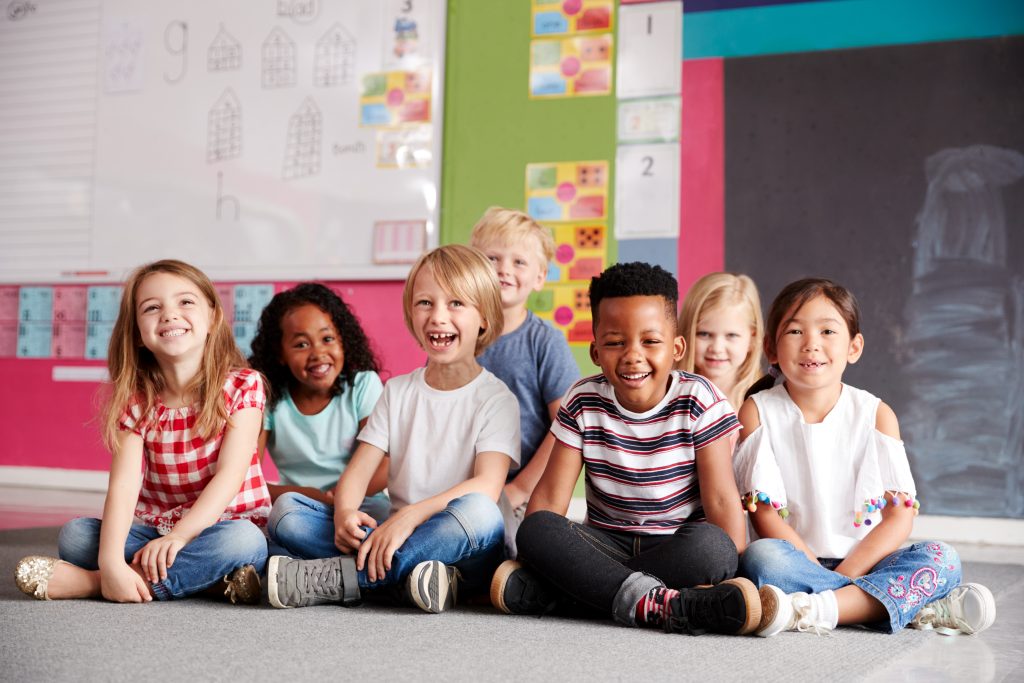Sports can be a powerful tool for teaching social and emotional skills to students.
It provides opportunities for students to work together as a team towards a common goal. By encouraging communication, collaboration, and cooperation, sports can help students develop teamwork skills that can be applied in other areas of their lives.
Leadership and communication
In sports, effective communication is essential for success on the field. By teaching students how to communicate clearly and respectfully with their teammates and coaches, sports can help them develop important communication skills that will benefit them in all areas of their lives. Sports provide opportunities for students to take on leadership roles and develop their leadership skills. By encouraging students to take initiative, make decisions, and motivate their teammates, sports can help students develop important leadership skills that can be applied in school, work, and other areas of their lives.
Self-awareness
Sports can be challenging and require students to push themselves beyond their comfort zones. By teaching students how to overcome setbacks, cope with failure, and persevere in the face of challenges, sports can help them develop resilience and determination that can be applied in all areas of their lives. Students can develop self-awareness by encouraging them to reflect on their strengths, weaknesses, and areas for improvement. By teaching students how to set goals, monitor their progress, and make adjustments as needed, sports can help them develop important self-awareness skills that can be applied in the future.
A study by the University of Notre Dame found that high school athletes tended to have higher levels of empathy and moral reasoning than non-athletes. And, according to a study by the Women’s Sports Foundation, female athletes tended to have higher levels of confidence, self-esteem, and perseverance than non-athletes.
Sports can also be an effective tool for teaching social and emotional skills to students. By providing opportunities for teamwork, communication, leadership, resilience, and self-awareness, sports can help students develop important skills and qualities that will benefit them throughout their lives.
Self-esteem:
Participating in sports can help children develop a sense of accomplishment and boost their self-esteem. This can be especially important for children who struggle with self-confidence. Valuable skills such as discipline, perseverance, and sportsmanship can help children develop a strong character and help them become responsible adults.
Encouraging children to participate in sports can be a great way for parents to support their child’s physical and emotional development. Parents can set a good example by staying active themselves and demonstrating a positive attitude towards exercise and sports. By involving their children in different activities, watching sports or even attending their children’s sports camps or classes, children will be more inclined to pursue sports as they grow up.
This can also involve playing together as a family, organizing informal games with friends or joining community sports leagues. Overall, participating in sports can have many positive benefits for children. It can also help them develop important physical and mental skills that can serve them well throughout their lives.









